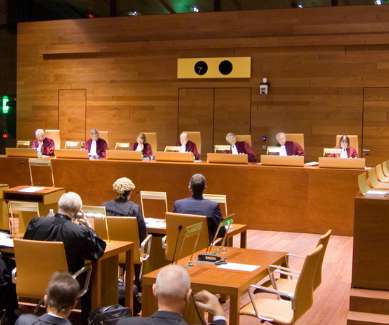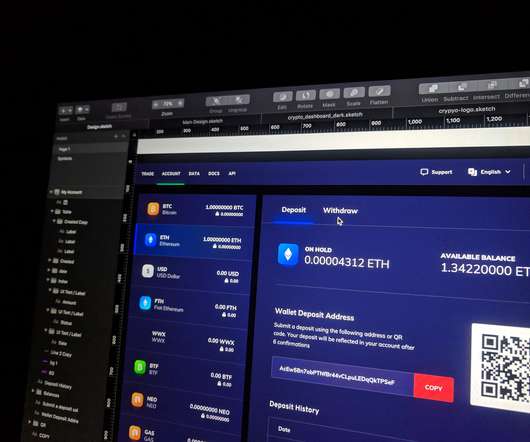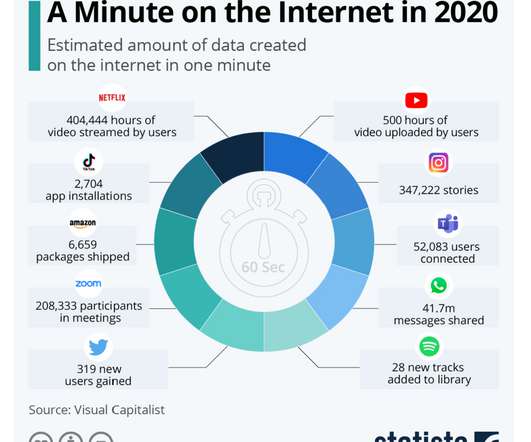Know your rights: the key to eBook access
CILIP
JUNE 29, 2021
Maintaining the status quo for public libraries ? Here he speaks to Rob Mackinlay about why not challenging the methods used by publishers to protect their content will damage not only libraries, but also threatens research and innovation. ?Publishers He sees licensing as an existential threat to libraries, saying: ?I?m













Let's personalize your content